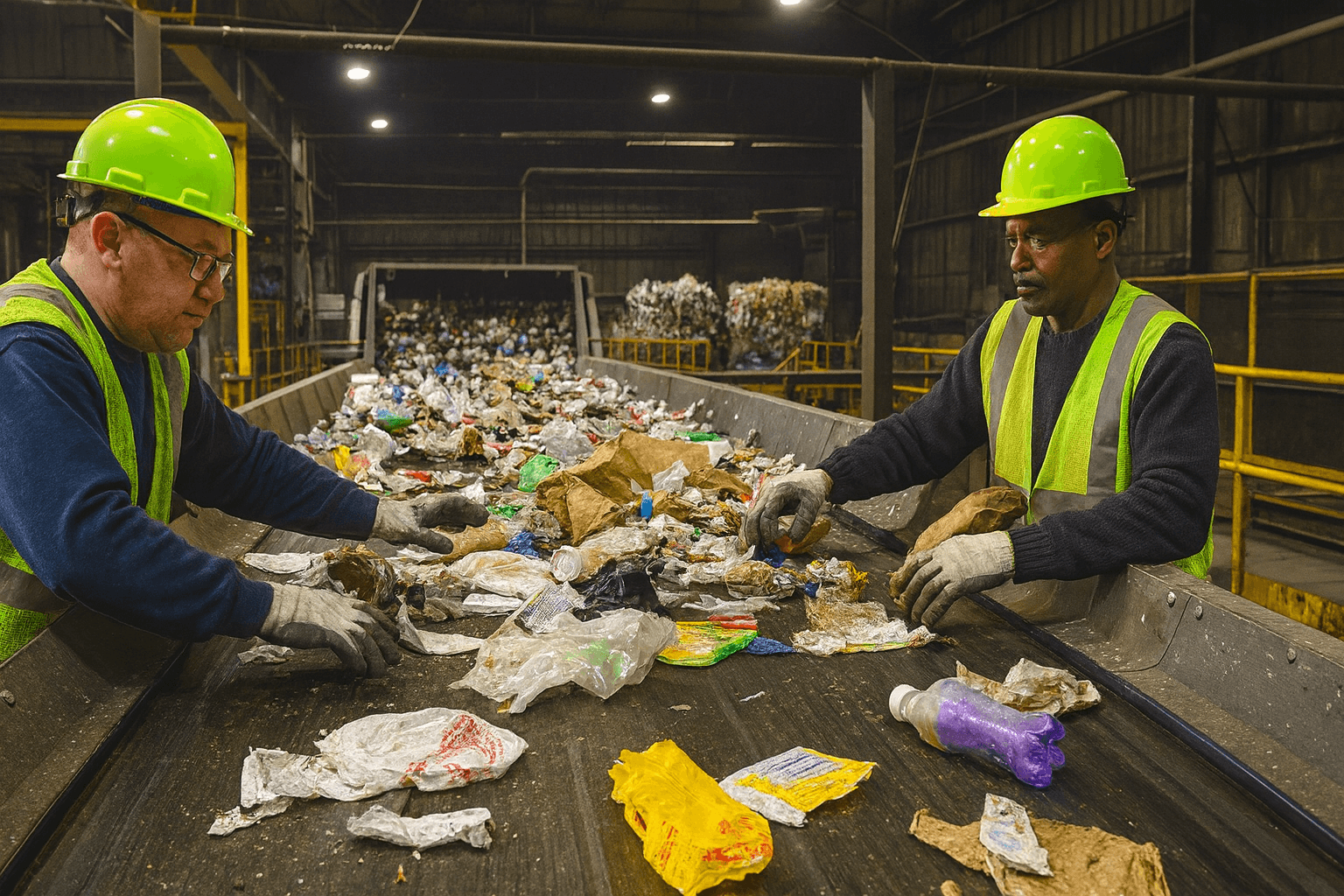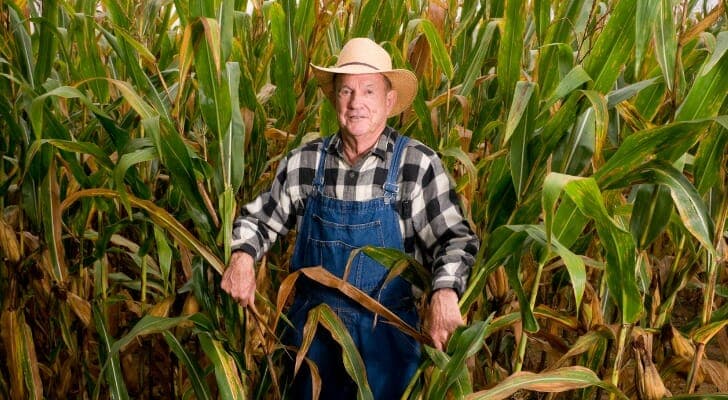Indiana’s Waste Management Overhaul: A Game-Changer for Dubois County’s Recycling Future
Indiana is preparing to replace its decades-old waste management plan with a modern framework designed to boost recycling rates and address emerging waste challenges like electronics and food scraps.

Indiana is preparing to replace its decades-old waste management plan with a modern framework designed to boost recycling rates and address emerging waste challenges like electronics and food scraps. The update, led by the Indiana Department of Environmental Management (IDEM) with consulting firm Eunomia Research & Consulting, targets a 50% statewide recycling goal through infrastructure investment, education, and improved landfill and incineration practices. For Dubois County, home to roughly 43,600 residents, this could mean long-overdue upgrades to local recycling infrastructure.
The county currently operates one processing facility for hazardous materials and electronics alongside eight free drop-off sites.
While the system functions well for a small district, it lacks the advanced sorting capacity seen in larger cities, limiting what residents can recycle and discouraging participation. The state’s current solid waste plan dates back to 1991, long before the rise of e-waste, composting, and circular economy initiatives. Carla Striegel-Winner, director of the Dubois County Solid Waste Management District and board member of the Association of Indiana Solid Waste Management Districts, said the new plan will serve as “glue” connecting local districts and aligning statewide efforts. “It gives us a shared framework,” she noted, emphasizing its potential to streamline grants and update local plans. The Eunomia contract, launched in October 2024, runs through this year, with the final plan expected by December.
Once finalized, it will guide county-level updates across Indiana, including potential new funding streams for sorting and collection upgrades.
In Dubois, that could mean expanded drop-offs, community collection events, or even incentives for local recycling businesses—helping make rural recycling more accessible and economically viable. Striegel-Winner highlighted that education remains key: “We need to keep teaching people how and why to recycle properly.” She noted persistent issues with improper disposal and contamination, especially in rural settings.
By updating its framework, Indiana aims not only to improve safety and efficiency but also to create jobs in recycling, transport, and materials recovery—turning waste into opportunity for communities like Dubois.


